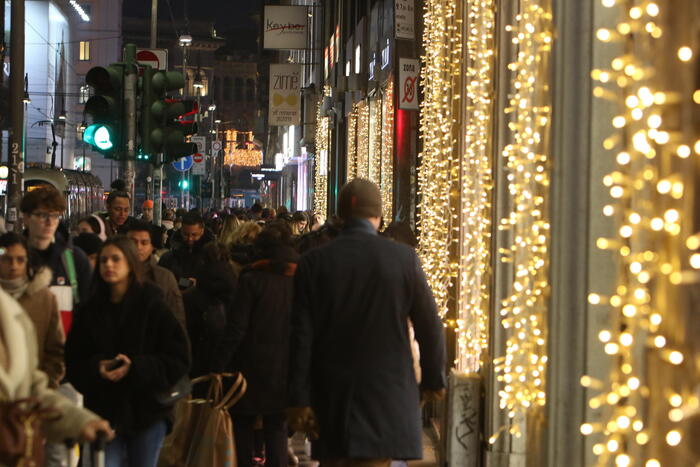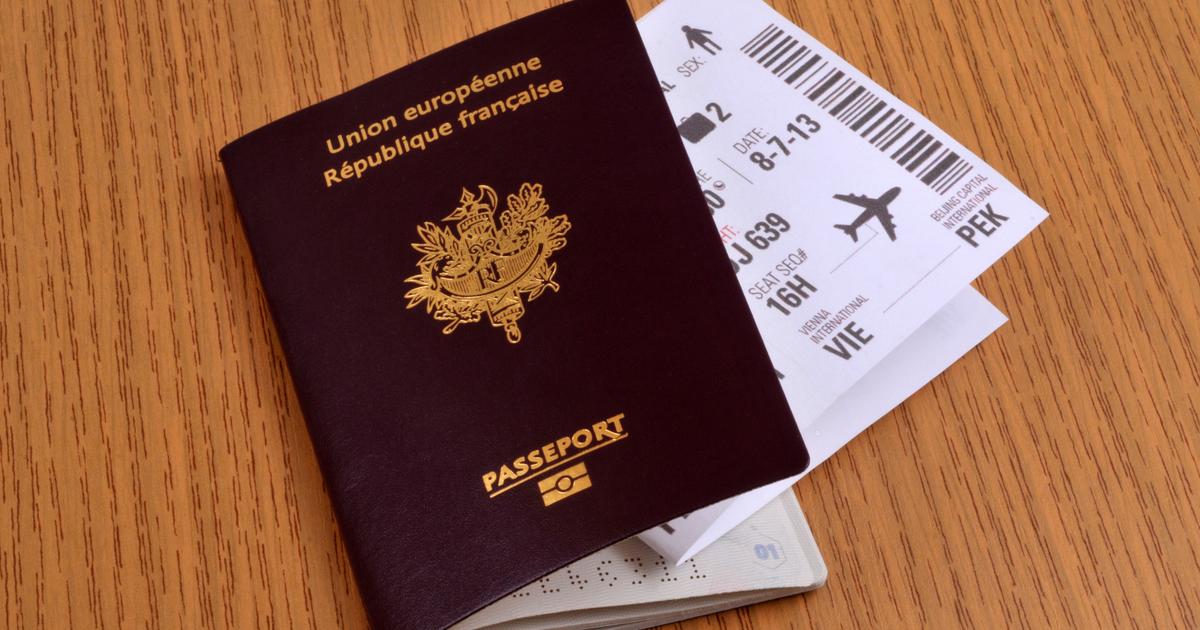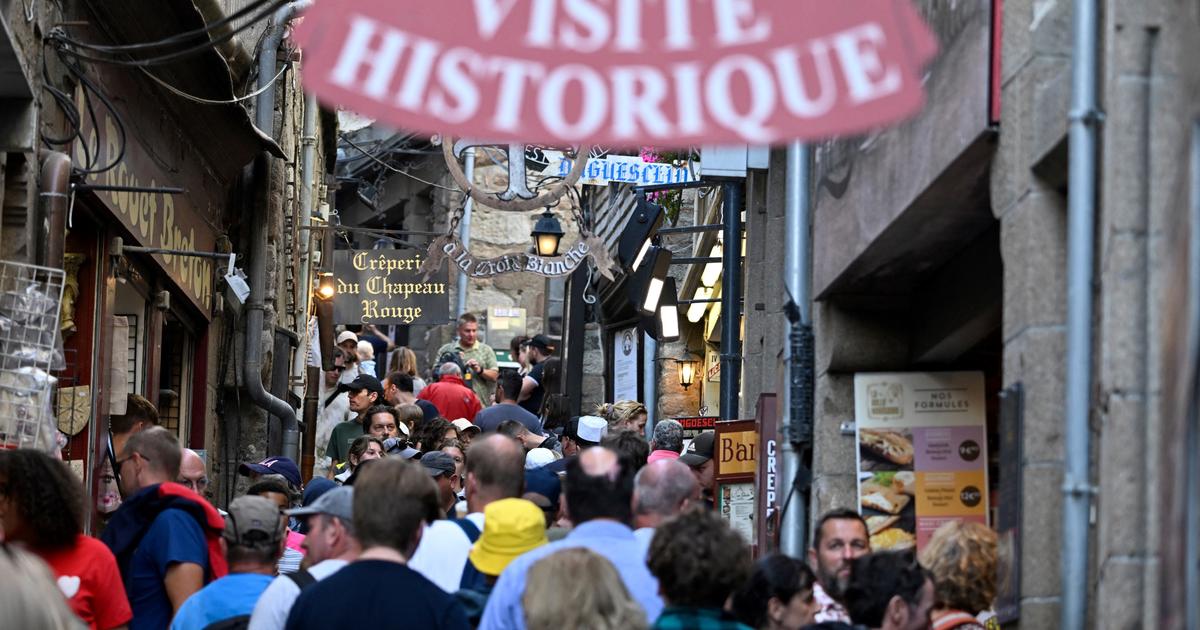(ANSA) - ROME, DECEMBER 23 - Almost 20 million Italians will take a holiday between Christmas and New Year's.
The flows of travelers are approaching those of 2019 even if the fact that the two holidays fall on a Sunday certainly does not favor long journeys, at least for those with work commitments.
It emerges from the survey conducted in the second week of December by Swg for Confcommercio.
"20 million Italians traveling between Christmas and New Year's, in addition to foreigners, are a good sign for the entire tourism chain and for the country, but spending is still weak and structural problems remain unresolved. Precisely for this reason tourism must have greater weight in policies of the Government because if tourism grows, the entire economy grows" says the president of Confcommercio, Carlo Sangalli.
Focusing on Christmas, 93% of travelers will stay in Italy and in 6 cases out of 10 within the region of residence.
55% will be away for a maximum of two days while only 1 out of 10 declares that they will take a vacation of more than 5 days, thus also including New Year's Eve.
There will be less than 5% of those who will allow themselves long trips or stays in tourist resorts, between the main holidays.
The people of Christmas vacationers will spend a total of 5 billion euros, 550 euros per person, slightly more than what was done for the Immaculate Conception.
On the other hand, over 10.3 million Italians choose to prepare for the New Year's holidays.
More than 20% will choose foreign destinations, favoring Spain, France and Germany, half of the interviewees declare that they will stay within the regional borders.
Among the regions, Puglia is the favorite of all, followed by Trentino Alto Adige, Lombardy, Veneto and Lazio.
However, the average length of stay away from home remains in line with that of the previous week, and the number of younger holidaymakers - between 18 and 34 years old - on average characterized by a lower purchasing power, increased by about 1 million.
This means that the overall expenditure for this period is reduced, albeit slightly, compared to Christmas, totaling just over 4.5 billion, 440 euros each.
(HANDLE).















